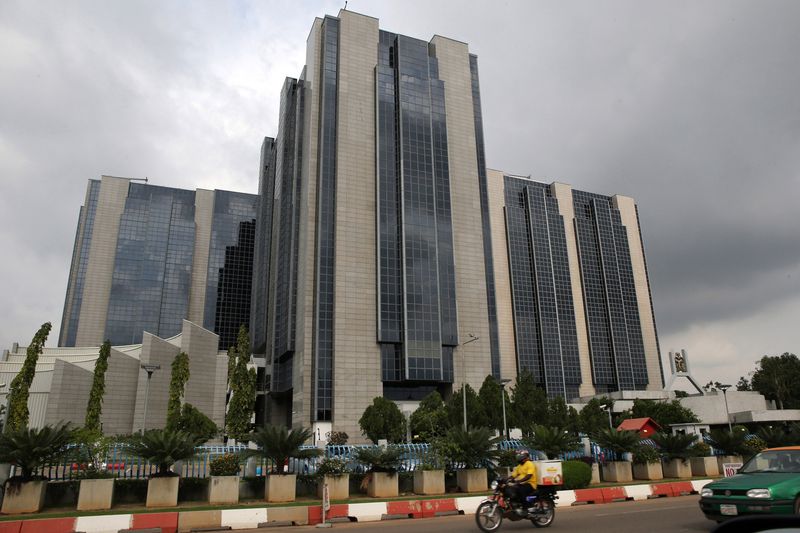Following the insistence of the Central Bank of Nigeria (CBN) on its January 31, 2023 deadline for the return of old notes of N200, N500 and N1000, many banks have decided to operate today (Saturday) and tomorrow (Sunday).
Investors King had reported that the governor of the apex bank, Godwin Emefiele, had shunned pleas from various quarters for the bank to shift ground and extend the deadline.
The National Assembly, business people, operators of Points of Sales (POS) among other stakeholders had complained over what they described as brevity of period in mopping up the old cash.
They hinged their displeasure and call for extension on the fact that the apex bank couldn’t make available the redesigned notes sufficiently available.
Bank customers had lamented over he scarcity of the new notes.
Most traders had been rejecting the old notes even when the new notes were yet to be abundantly in circulation.
Not minding these controversies that have shrouded the naira redesign and appeals for change of deadline, Emefiele has been adamant and had declared for umpteenth time that tye deadline remains sacrosanct.
In a bid to give their customers more window opportunity to return the old notes, some banks across the country decided to add this Sunday to their working days.
Since the deadline was announced late last year, CBN had directed commercial banks to start working on Saturdays which is specifically to collect old notes.
In about three days to the end of January 31, the commercial banks disclosed that they would add the last Sunday before the deadline to their working days for customers to return the old notes.
The development was contained in separate public notices made available to the public by the management of the banks on Friday.
According to the messages, said the weekend operations were for receiving of old naira notes alone.
The messages on the notices issued by some of the banks including Guaranty Trust Bank, First Bank, Wema Bank among others, read, “This is to notify the general public that all our branches will be open on Saturday and Sunday just to receive cash.
“All old Naira notes of series 200, 500 and 1000 will cease to be in use from the 31st of January. Thank You.”
Meanwhile, findings by this medium on Saturday revealed that Nigerians are making use of the opportunity to return their old notes.
Most of the people who had thronged various banks as from 9am on Saturday included traders and POS operators who trade with cash daily.
They expressed delight in the decision of the banks to include the weekend as their working days for the purpose of the old naira notes return.
However, sources from some commercial banks said that most banks would be returning the mopped up old notes to CBN on Tuesday, January 31.
The sources told Investors King that the banks would stop receiving the old notes at the end of Monday working hour.
“We are presently working and we will also work tomorrow (Sunday). This is only to collect the old notes as deposits from customers. The January 31 deadline is real. In just hope most Nigerians know that at the end of Monday working time, we won’t be collecting the old notes again because on Tuesday, we will return them to the CBN,” a bak official who did not want his name mentioned said.


 Naira4 weeks ago
Naira4 weeks ago


 Naira4 weeks ago
Naira4 weeks ago


 Naira3 weeks ago
Naira3 weeks ago


 News4 weeks ago
News4 weeks ago
 Travel4 weeks ago
Travel4 weeks ago




 Naira4 weeks ago
Naira4 weeks ago


 Jobs3 weeks ago
Jobs3 weeks ago
 Naira3 weeks ago
Naira3 weeks ago





















